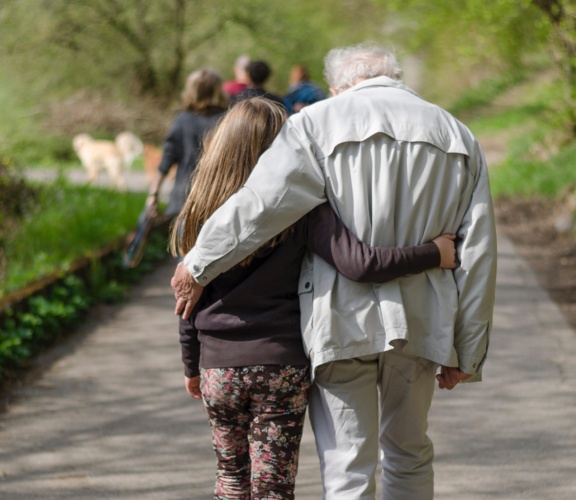

Acute diarrhoea is usually caused by a viral or bacterial infection and affects almost everyone from time to time. A common cause in both children and adults is gastroenteritis, an infection of the bowel.
Bouts of diarrhoea in adults may also be brought on by anxiety or drinking too much coffee or alcohol. Diarrhoea may also be a side effect of a medication.
NHS
Symptoms, causes, treatment and information.
Macmillan Cancer Support
Diarrhoea as a result of cancer treatments.
These links all come from trusted resources but if you are unsure about these or any other medical matters please contact your doctor or pharmacist for advice.
For most people, a cold will get better on its own within a week of the symptoms starting without any specific treatment. However, there are treatments that can help to ease your symptoms and make you feel more comfortable. These are available from your pharmacy, which means that you can treat yourself, rather than needing to see your GP.
There is no cure for colds. Antibiotics, which treat infections caused by bacteria, don’t work on cold viruses.